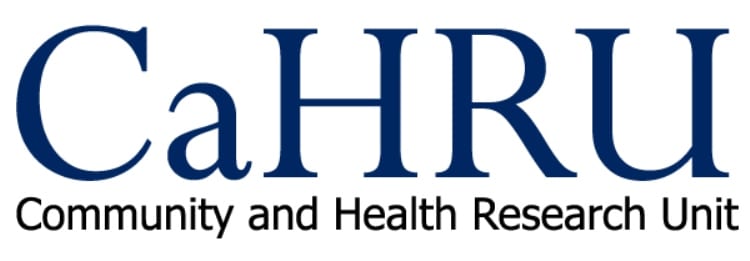CaHRU receives university team achievement award for research 2019 for fifth successive year

Members of CaHRU received the team achievement award for research for the fifth successive year on behalf of the team at the University of Lincoln awards ceremony at the Engine Shed, Brayford Campus on 20 November 2019. The team includes Continue reading CaHRU receives university team achievement award for research 2019 for fifth successive year




